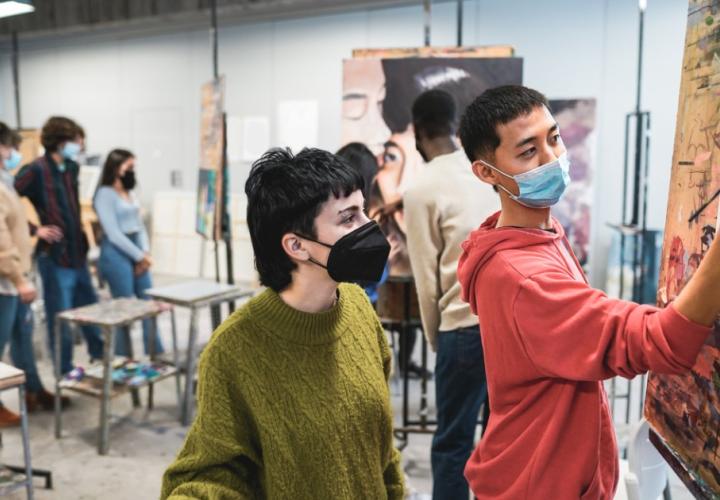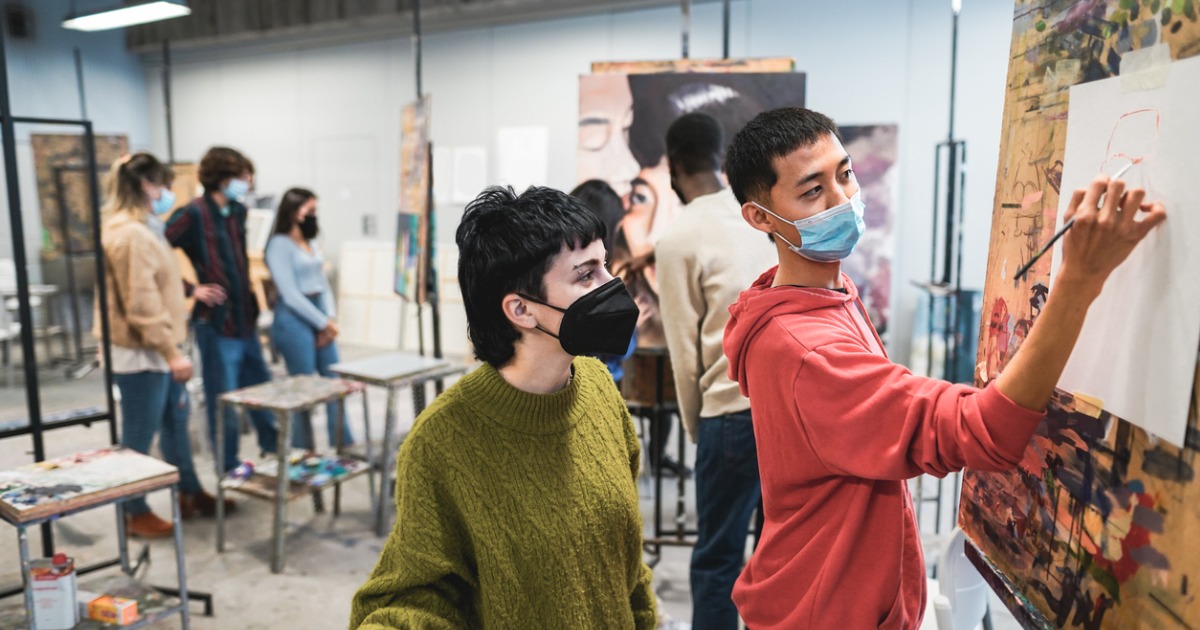Why should I talk to my kids about the next school year already?
Transition planning for the next year makes for a smooth start in the fall. For some students, this may be as simple as starting to point out a new part of the school building where they may be next year or introducing them to new faces they haven’t yet met.
For others for whom school is a bit more challenging or whose medical or developmental concerns interfere with optimal school functioning, a more comprehensive and thoughtful plan may be necessary. Planning in advance can avoid the need to play “catch up” if things do not go well at the beginning of the year. This is particularly essential for kids moving to a new school.
What kinds of questions can I ask my kids about school?
Any parent who has ever asked their child, “So, how was school today?” knows that it’s not always easy getting insight into their days. We definitely do not recommend placing spy-cams on their backpacks, so thankfully there are some other ways to get at this.
You will be surprised what an open-ended question can do to help you get some insight into their school days and concerns about the next year. There may be many predictions that are quite accurate (bigger school, more work, more class changes) and then there may be others that are more exaggerated because of fears they have from the ways schools look on TV representation or stories they have heard as urban legend within the community.
In addition, you might want to use this as an opportunity to demonstrate the things you noticed your child did very well this past year – even if it is not an academic benchmark.
Some questions that may be good conversation starters:
- “Tell me what you think will be different when you start school next year?”
- “What is something that will be better/easier and what is something that may be worse/harder?”
- "If you were in charge of your school day, what is one thing you wish were different than this past year?"
These alone may allow kids to share thoughts they have about which you may not have been aware were concerns. The answers can help you prepare them for the reality of the changes and also inform efforts the school team can help to make for a positive start to the school year next year.
Here is a helpful link: Understood.org – Questions to Ask Your Child About School

